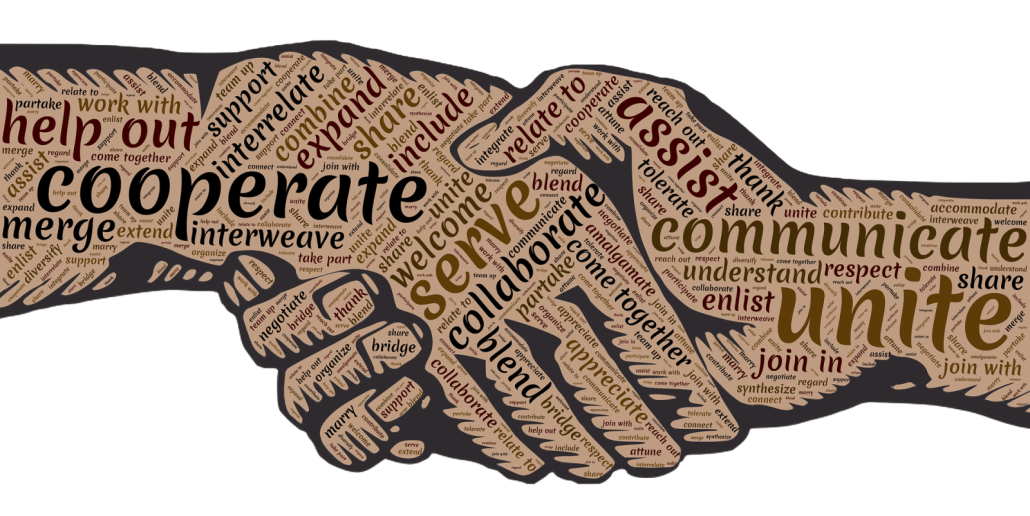What is Child Protection Mediation?
According to the Centers for Disease Control and Prevention, one in every seven children in the U.S. experiences abuse or neglect every year—a number they say is likely underestimated due to unreported cases. These children not only suffer physical and emotional effects, but they’re also at an increased risk of future additional victimization, substance abuse and changes in brain development that can lead to learning difficulties and limited career opportunities.
In order to protect these children, they’re often removed from their homes and placed in a safer environment, but it’s not an easy process. Court cases can be stressful, expensive and lengthy, and often do nothing to address the root of the issue and work towards change and reconciliation. That’s where child protection mediation can step in.
What is Child Protection Mediation?
When allegations of child abuse and/or neglect result in children being removed from a home, it triggers a series of complex steps to ensure those innocent children are placed in a safe, permanent environment that’s in their best interest. While that’s the end goal, it often involves a diverse group of adults—biological parents, foster parents, attorneys and child protection professionals—making communication difficult.
Child protection mediation involves using a neutral third party—a specially trained mediator—to help everyone involved collaborate to find a mutually agreeable, beneficial solution for the children. Instead of working against each other, the confidential process of meditation is non-confrontational and allows all sides to share their perspectives and input on what they feel is best for the child.
Not only is this faster and less expensive than resolving conflicts in the courts, but it keeps the focus on the most important issue at hand—positive outcomes for the child, and hopefully a new path of resolution, rehabilitation and reconciliation for the families.
The Child Protection Mediation Process
The child protection mediation process may vary based on the allegations and the courts. If it’s decided that mediation is appropriate for the dispute, there is a general set of steps that can be taken. A specially trained mediator will first explain their role, the goals, and ground rules, including the fact that you’re there to work cooperatively toward a resolution, and not to assign blame.
Each party will then have the opportunity to explain their perspective on the child protection dispute, the consequences this situation has had on the child and what they feel would be the best resolution for all involved. The mediator will guide the conversation in an impartial way that ensures both sides have time to make their voices heard without being interrupted. Mediated issues might also include conditions the parents must satisfy or services they will use before the children can return home, such as child care options, parenting classes and rehabilitation programs.
When there are no outstanding questions, the mediator will shift the conversation to reaching a solution and terms of the agreement. While the goal is often to create a plan that ends with reunifying the family and finding the best placement for the child until that can happen, that reconciliation isn’t always possible. In those situations, the goal then shifts to finding a new long-term placement that’s the safest, most suitable for the child.

When resolution is reached, the terms of the agreement will be written down and signed by all parties. The signed agreement is then sent to the courts to be incorporated into an order.
The Benefits of Child Protection Mediation
Mediation is unique in that the resolution allows all parties to walk away with a win, whereas in the courts there’s often a clear winner and loser. It facilitates non-confrontational communication between families, foster parents, relatives, and others involved in the case. One of the key benefits of mediation is that it’s participatory and gives parents that opportunity to contribute to the conversation, process and resolution, often resulting in fresh perspectives and a solution that benefits all those involved—especially the children.
The benefits of child protection mediation include:
- Opportunity to learn more about their behavior and examine possible solutions, without a focus on blame.
- Less expensive and time-consuming than the courts.
- Increases understanding of what’s best for the child.
- Reduces conflict between the parents and professionals.
- Increases the ability of the child’s care team to work together effectively.
- Opens up the lines of communication between all involved.
- Improves the quality of and adherence to the agreement due to greater input from
all parties.
We’re Here to Help Families Work Together
Safety, support and a stress-free place to call home are things that every child not only needs, but that they deserve. By using child protection mediation services to collaboratively resolve disputes, you have the opportunity to reach a more cohesive solution and foster a more positive relationship going forward, never losing sight of what’s really important—what’s best for the kids.
Reach out to Conflict Resolution Services at 231-941-5835 or casemanager@crsmediationtc.org. We’re here to help.




